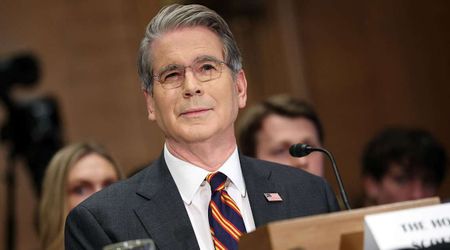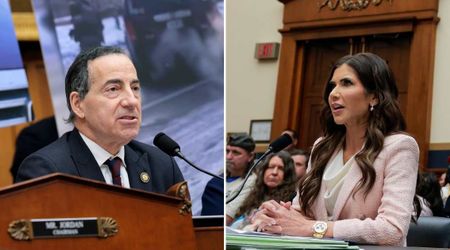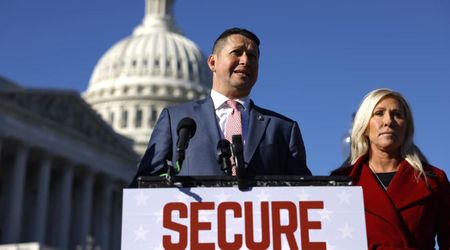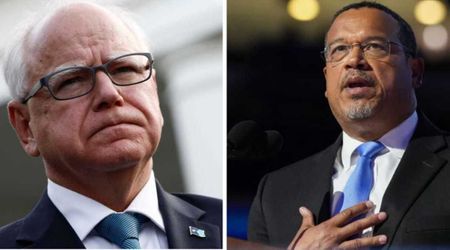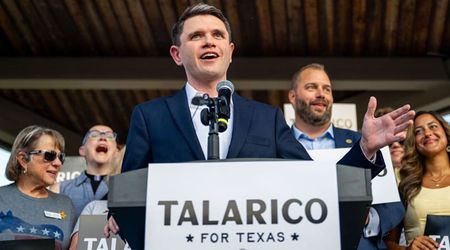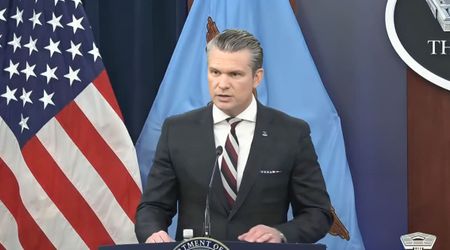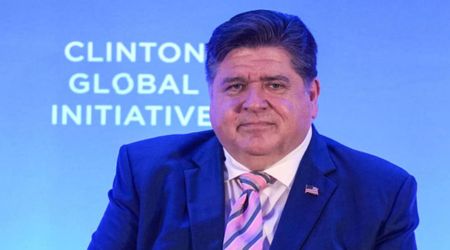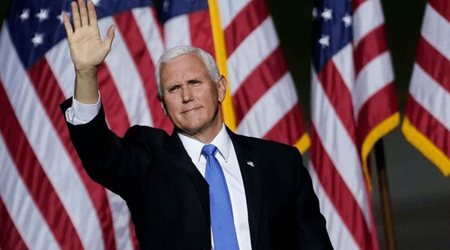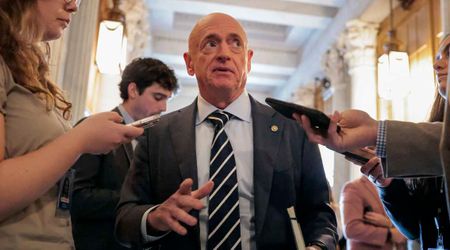6 reasons why Donald Trump is being advised against testifying in the hush money trial
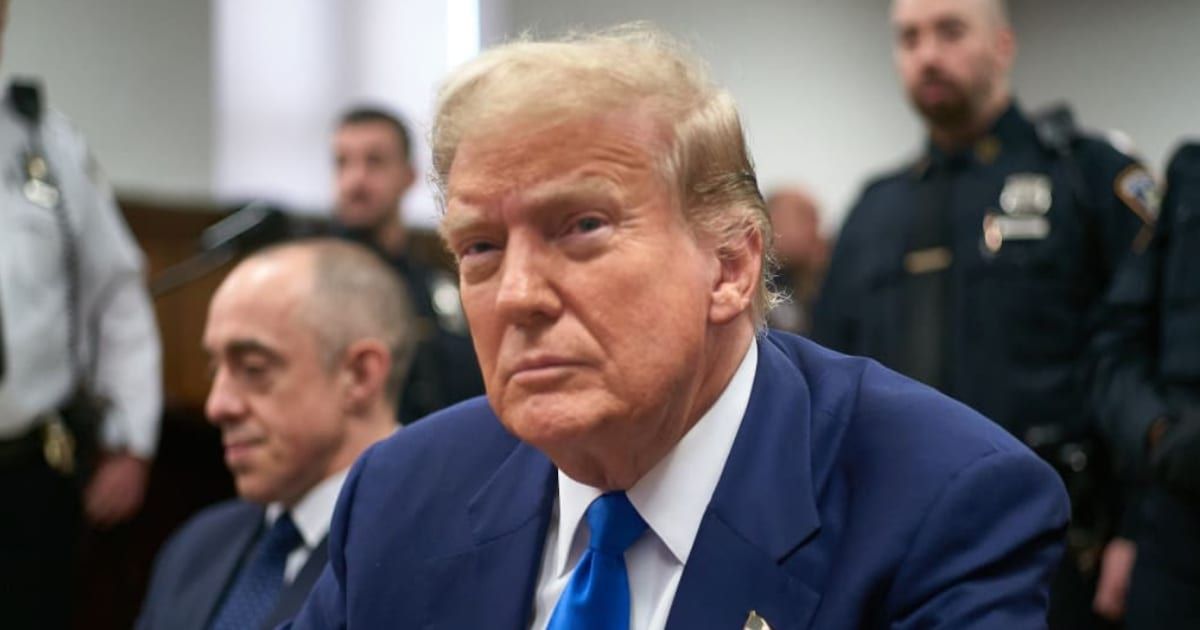
Why Donald Trump is being urged to refrain from testifying in the hush money trial

Ever since the historic hush money trial started on April 15, many anticipated former President Donald Trump to take the witness stand in the criminal case against him. The ex-president previously declared his intention to testify, but that was during his legal team's attempt to delay the trial. A few days ago, Judge Juan Merchan asked defense attorney Todd Blanche whether his client had plans to testify. The trump attorney said "a determination on that issue" was not made. As the trial enters its last days, it remains unclear if Trump would take the stand to tell his side of the story, which could be risky. Here are six reasons why the ex-POTUS is advised against testifying in the criminal trial.
1. Burden of proof is always on the prosecution

If Trump chooses to take the witness stand in the hush money trial, the prosecution must provide evidence to prove the criminal defendant is guilty. The prosecution, led by Manhattan District Attorney Alvin Bragg, should, without doubt, establish that the former president not only paid the hush money to the adult film actress but also did so to conspire in stopping or influencing the 2016 election. Therefore, besides a unanimous verdict, the prosecution should meet the burden of proof when an individual's liberty is at stake.
2. He's Donald Trump

Trump being Trump would be the major factor behind his lawyers advising him against taking the stand. His loudmouth nature could backfire, landing him in trouble. "He's somebody who's not controlled, who is going to be all over the place," Renato Mariotti, a former federal prosecutor and legal analyst, told Politico. Though Trump could boast about testifying and boosting his political benefits, his talkative nature could be a significant legal risk. GOP's Rep Andy Biggs, who accompanied Trump to court last week, said the testimony was tough, "especially if you have a loquacious client."
3. Trump's prior track record of providing sworn testimony

Trump's bad track record of providing sworn-in testimonies was proved a liability when he took the stand in his recent civil cases. During the New York civil fraud trial in 2023, the former president's conviction on the stand forced Justice Arthur Engoron to warn defense attorney Chris Kise to "control your client." Furthermore, Trump continued to run his mouth, which irked the judge, who threatened to remove him as a witness. Engoron discounted the defendant's testimony after he completed the rant. During his videotaped deposition in the defamation case filed by E Jean Carroll, the ex-president infamously mistook the writer for his ex-wife, Marla Maples, in a photo. In addition, he reiterated his insulting comments from the Access Hollywood tape, stating that "if you look over the last million years, I guess that's been largely true. Not always, but largely true, unfortunately, or fortunately" that celebrities can grab women "by the p***y." Considering Trump's past conduct on the witness stand, testifying in the crucial criminal trial could indicate the former president is digging his own grave.
4. Trump's cross-examination would be brutal

Despite the burden of proof, Trump's testifying could offer a golden opportunity to the prosecution because of Judge Juan Merchan's ruling to conduct a Sandoval hearing. A Sandoval hearing, a specialty of New York law, allows the prosecution to question Trump about additional matters that are unrelated to the hush money case. This could turn the cross-examination brutal. Therefore, Trump, on the witness stand, could face questions related to the civil fraud case brought by NY Attorney General Letitia James and the defamation case by Carroll, violation of Judge Engoron's gag order, and the Donald J Trump Foundation's dissolution. Trump's habit of excessive ranting could result in him unintentionally revealing something incriminating while testifying.
5. Trump's low credibility
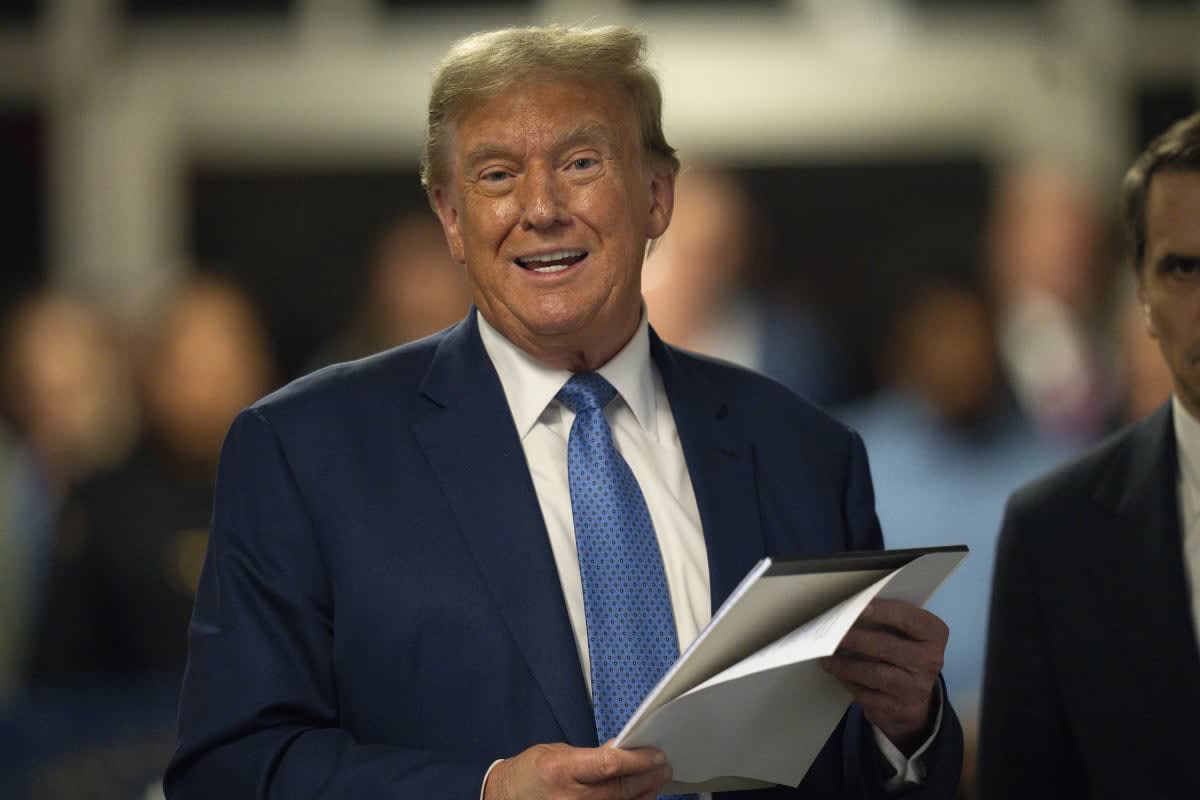
One cannot entirely rule out the possibility that Trump may not testify. Sarah Krissoff, an ex-federal prosecutor, said taking the stand could be an opportunity for the 45th president to present his perspective firsthand. However, she told Salon.com that his version of the events would be cross-examined. "Trump has so much baggage here — his own story about these events has shifted over time, so he will be painted as a liar by the prosecution," Krissoff opined. "It will be very hard for him to maintain a calm and cool demeanor, and the jury may simply not like him."
6. Trump is still running the show

According to MSNBC's Katie Phang, "Trump is 100% in the driver's seat on the decision whether or not to testify in his own defense." So, no one can forcefully bring him to the witness stand, and his lawyers have no power to decide. Despite being required to be in a courtroom for most days for more than a month, where a judge orders him when to stand, sit, or leave, the former president has the sole power to decide whether he should testify.

